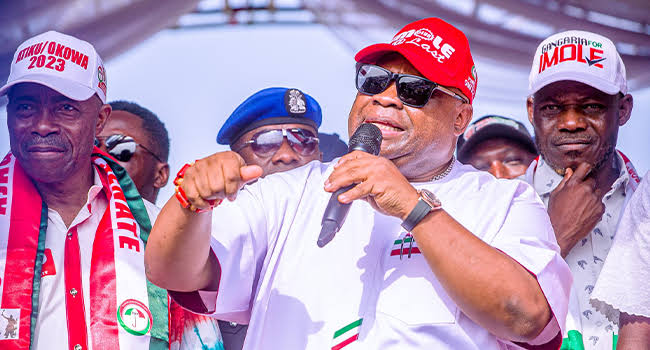The Osun chapter of the People’s Democratic Party (PDP) has come under scrutiny for its lack of gender sensitivity, as revealed by a disturbing statisical breakdown.
An investigation into the party’s structure and composition has revealed a glaring gender imbalance that has sparked concern amongst advocates for increased female representation in Nigerian politics.
A comprehensive analysis of the party’s hierarchy and elected officials paints a disheartening picture. Notably, out of the three senators representing the state, not a single one is a woman. The House of Representatives fares no better, with nine members representing Osun, all of whom are men. Furthermore, there are no female legislators among the 26 members of the Osun State House of Assembly, and none among the 69 Local Government Areas (LGAs) and Local Council Development Areas (LCDAs).
This startling lack of female representation within the party and its various levels of governance has drawn criticism from activists and proponents of gender equality.
They argue that such a significant underrepresentation of women in leadership roles goes against the principles of inclusivity and fair representation, hindering the progress of gender equity within the political landscape of Osun State.
In response to these revelations, prominent gender advocates have called for the Osun PDP to address this inherent gender disparity and work towards greater inclusivity within their ranks.
The party now faces mounting pressure to implement strategies that will ensure a more equitable representation of women, be it through affirmative action or promoting gender-balanced candidacies.
When approached for comment, a stakeholder of the Osun PDP acknowledged the gender disparity within the party’s ranks and highlighted the commitment to addressing this concern. They stated, “We recognize the importance of inclusivity and gender equality in our political landscape. Efforts are underway to actively encourage the participation of women in leadership positions and create an environment that fosters their political aspirations.”
As stakeholders continue to highlight the need for gender-sensitive practices within political parties, the spotlight remains on the Osun PDP, urging them to take immediate action to correct this imbalance and pave the way for greater female representation in the state’s political sphere.

